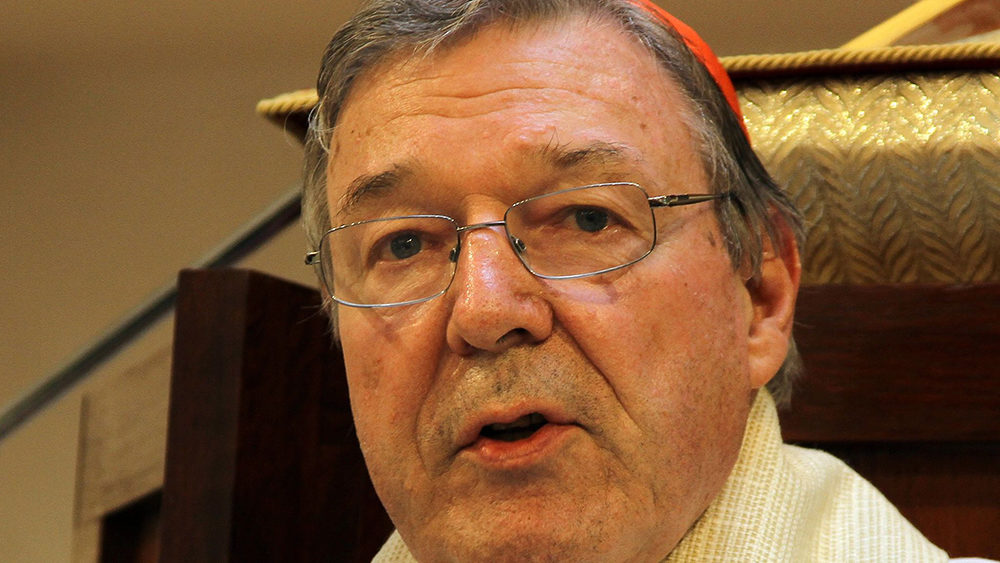Before this week’s hearings in the High Court, David Marr took the temperature of the legal profession reporting in the Guardian: “Those who have followed this prosecution as it has made its slow and dramatic way to the High Court must face the possibility that the cardinal is about to be acquitted.”
And having sat through two intense days of hearing, it seems to me that Marr – and his legal sources – may have it right. While only a fool would predict the outcome of a High Court case without the lifetime’s observation of the court that Marr has had ever since he wrote the excoriating biography of Garfield Barwich CJ that established Marr’s reputation as a biographer, here are some observations.
The justices gave Victorian Director of Public Prosecutions Kerri Judd QC a much tougher time than her opponent, Pell’s barrister Bret Walker SC. As The Australian’s John Ferguson writes Judd was “peppered with questions” throughout Thursday. At one stage she was on the receiving end of this exchange. Judd: “I have a lot of material to go through.”
Kiefel CJ: “You are not the only one with a lot of material
…”It is your job to take us through it efficiently.” Ouch.
The questions concentrated on two main areas of interest. Walker had been asked about the same two areas as well.
The timing of what happened in the cathedral when the first offences are alleged to have taken place 24 years ago, was the focus of establishing whether there was reasonable doubt about what happened. Did Pell stand at the west door and great the congregation? Was there enough time for two choir boys to sneak into the priest sacristy (changing room) which Pell was using before other priests came in there to change or the altar servers started to carry the mass vessels back in there?
Crucially, Judd appeared to have abandoned the timing relied on by the prosecution at the trial and the Victorian Court of Appeal by the end of her appearance on Thursday. She began to suggest a much longer time for quiet prayer at the end of the service, which would have delayed the servers and given an opportunity for the offence to take place.
The term “compelling” has been attached to the complainant’s testimony in many reports, including Marr’s. Perhaps, unfortunately, it crops up in the Victorian Court of Appeal majority judgment – because the High Court judges were clearly focussed on the issue of whether the Victorian Court of Appeal was in error viewing the video of the complainant’s testimony which had been shown at the trial where Pell was found guilty. (It came from the earlier trial where the jury failed to reach a verdict.) For them to regard the testimony as “compelling” seemed to suggest they had paid attention to the “demeanour” of the complainant in the video, which it was suggested was the jury’s job.
At the close of the hearing, Walker was asked what outcome he sought. What if the High Court found that there had been an error in the Appeal, but that reasonable doubt had not been established. What if they sent it back to the Victorian Court of Appeal? Walker demurred, telling the judges that “for reasons you will understand” the defence wanted the matter to be finished in the High Court. I took that to mean because Pell is an old and sick man, they did not want to drag things out.
Perhaps the High Court feels the same way. The court reserved its judgment on both whether Pell could have special leave to appeal and the appeal itself. But Walker and Judd were given two days to make further written submissions – a tight deadline.
Pray
Some prayer points to help
Please pray for the complainant, George Pell, and each of their support groups..
This case and a possible acquittal has caused survivors of clergy abuse great distress. Please pray that they will know God’s love.




